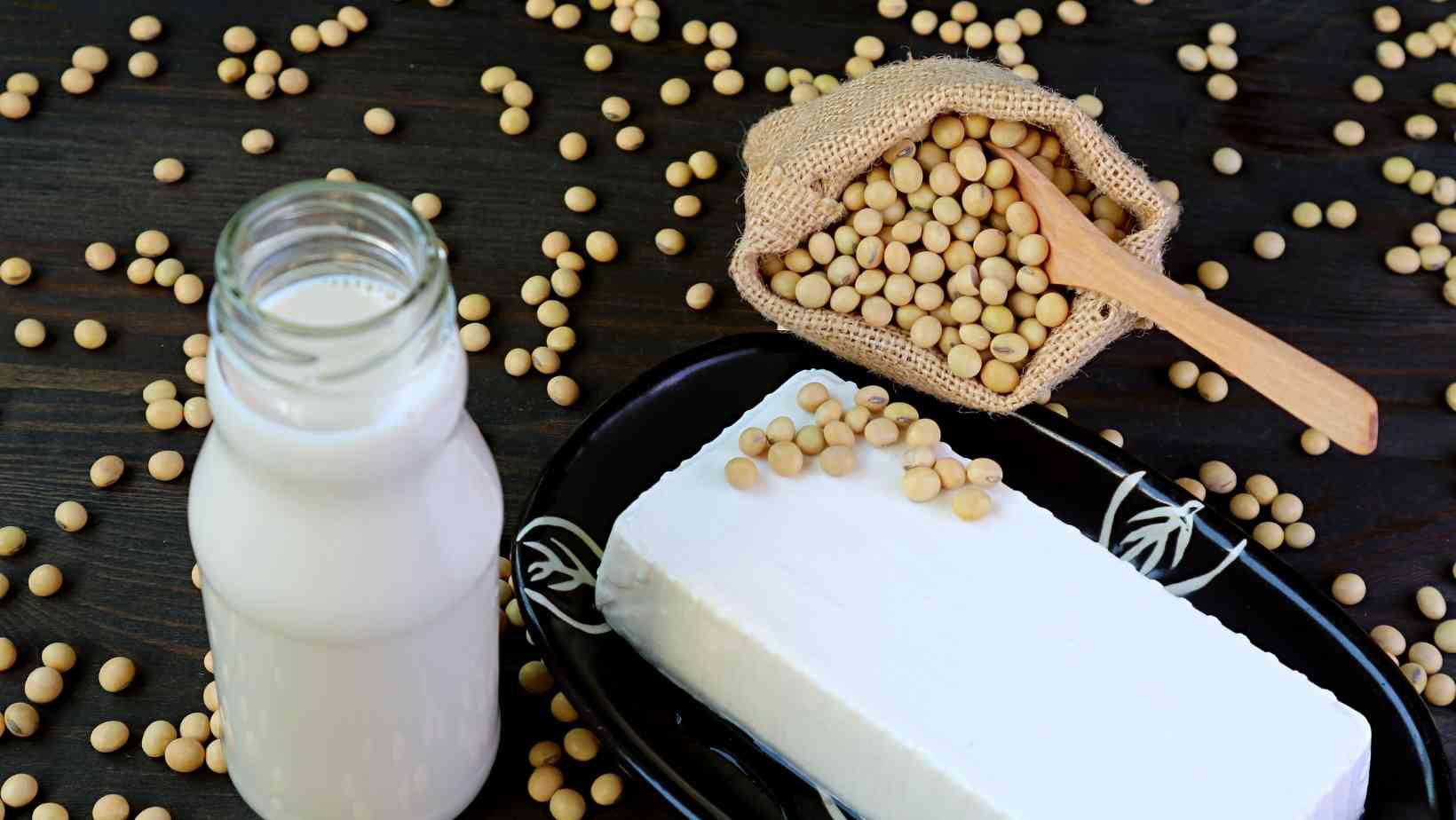Calcium is found in abundance in your body. This mineral is preserved in your bones and teeth to the tune of 99%. The remaining 1% is found in your blood and soft tissues. High calcium foods are essential for building and keeping healthy bones. It's also a crucial vitamin for proper cell activity. Calcium is needed by the body to promote muscle and nerve function, control blood pressure and hormone levels, and allow cell communication.

Calcium's Benefits
Calcium is required for practically every bodily function. Calcium is not produced by the body. Calcium may be obtained through meals and supplements, but your body absorbs it better from food. Some drugs, such as antacids, include calcium. For adults, children, pregnant and nursing women, a daily calcium intake of 1,300 milligrams (mg) is suggested.
Calcium is an important vitamin for:
The Function of Cells
Your body maintains a constant quantity of calcium in your blood so that your cells can operate normally. When your blood calcium levels drop, your body borrows calcium from your bones.
The health of the Bones
Your bones are constantly being broken down and rebuilt. The pace at which you produce bone is faster than the rate at which you break it down before the age of 30. After the age of 30, the rates begin to reverse. This is why older persons have more fragile bones that are more likely to shatter.
When there is an imbalance between bone formation and bone breakdown, osteoporosis develops. To reduce your chance of getting osteoporosis, try to build the strongest, densest bones possible before the age of 30. Consuming adequate calcium beyond the age of 30 is one strategy to avoid bone loss. This reduces the quantity of calcium your body must receive from your bones.
Controlling Blood Pressure
Calcium helps blood vessels contract and relax, so it's important to keep your blood pressure in check. According to recent research, calcium must come from diet rather than pills to get this advantage.
Decreased Risk of Kidney Stones
Calcium also helps to prevent kidney stones by reducing the absorption of oxalates, which may be found in spinach, beets, raspberries, and sweet potatoes. Oxalates have been linked to an increased incidence of kidney stones. Only calcium from diet, not calcium supplements, may assist to lower this risk.
Calcium-Rich Foods
While there are numerous calcium supplements available, doctors suggest that you get at least half of your calcium through your food.
These eight high calcium foods provide some of the highest levels of calcium:
Products derived from milk
Calcium-rich foods like milk, yoghurt, and cheese are also the most easily absorbed calcium sources. Plant and fortified diets do not absorb calcium as effectively.
Soybeans
Soybeans that have been dry-roasted are a rich source of calcium. A half-cup of almonds has 230 mg of calcium, making them a great source of calcium for vegans.

Leafy Dark Green Vegetables
Calories may be found in cooked kale, spinach, and collard greens. Collard greens provide the most calcium, with a half-cup providing 175 mg.
Foods that have been fortified with calcium
Calcium is often added to orange juice and cereals. Some fortified juices include calcium citrate malate, which is a well-absorbed form of calcium. There are also calcium-fortified cereals that deliver up to 1,000 mg per serving.
Salmon in a can
Canned salmon, along with dairy products, is one of the finest sources of calcium in the diet. 181 mg are found in only 3 ounces of canned salmon. Salmon also includes Vitamin D, which aids with calcium absorption.
Figs
Five dried or fresh figs supply 135 milligrams of calcium to your body. Oranges and papayas are two more calcium-rich fruits.

Tortillas made with flour
Good news for carbohydrate addicts: one 10-inch flour tortilla contains 90 milligrams of calcium.
Baked Beans in a Can
The calcium content of four ounces of canned baked beans is 160 mg. Beans are also high in fibre.




